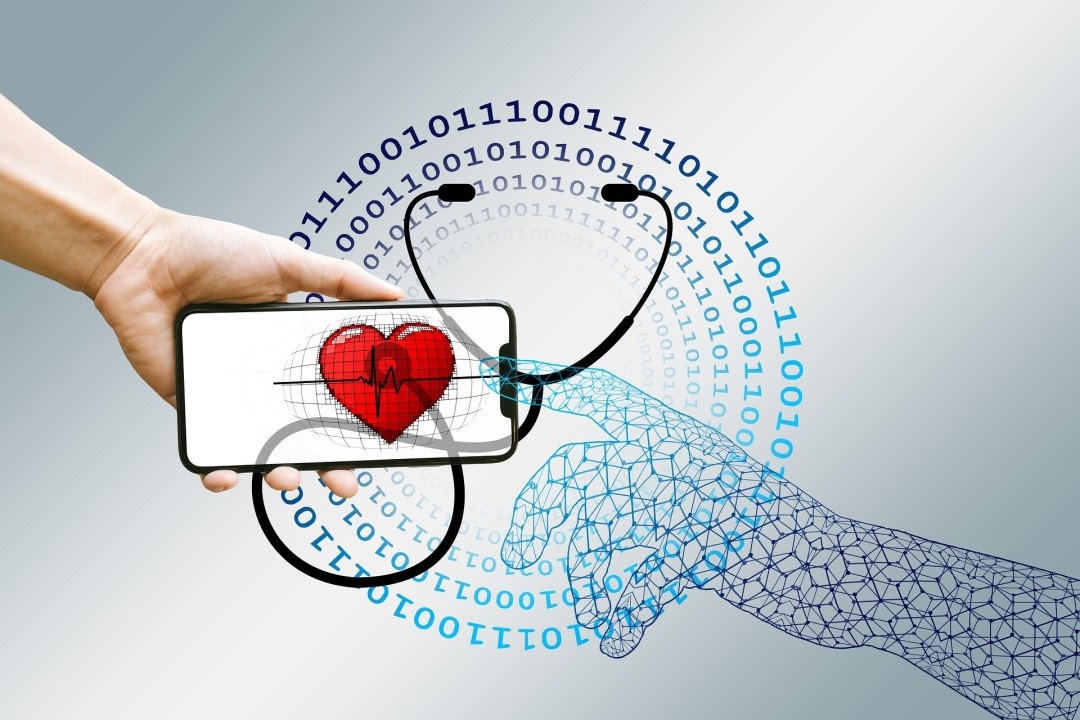Introduction
The healthcare industry is undergoing a massive transformation, thanks to groundbreaking technological innovations. From artificial intelligence (AI) and robotics to telemedicine and personalized medicine, these advancements are revolutionizing patient care, diagnosis, and treatment.
In this article, we explore the future of healthcare technology, key innovations, benefits, challenges, and what to expect in the coming years.
Why Technology is Transforming Healthcare
Healthcare technology is advancing rapidly due to several critical factors:
- Improved Patient Outcomes: AI-driven diagnostics and precision medicine enhance treatment effectiveness.
- Cost Reduction: Automation and telehealth services reduce healthcare expenses.
- Increased Accessibility: Telemedicine and wearable devices bring healthcare to remote areas.
- Enhanced Efficiency: Robotics and AI-powered systems streamline medical procedures and administrative tasks.
- Better Disease Prevention: Data analytics and genetic research improve early disease detection and prevention.
Key Innovations in Healthcare Technology
1. Artificial Intelligence (AI) in Healthcare
- Best For: Diagnosing diseases, analyzing medical data, and assisting in treatment decisions.
- Key Features:
- AI-powered radiology scans for detecting abnormalities.
- Machine learning models predicting disease outbreaks.
- AI-driven drug discovery and personalized medicine.
- Use Cases: Enhancing diagnostic accuracy, accelerating research, and reducing errors.
2. Telemedicine & Remote Patient Monitoring
- Best For: Providing healthcare services to remote and underserved populations.
- Key Features:
- Virtual consultations with healthcare providers.
- Remote monitoring of chronic diseases via wearable devices.
- AI-based chatbots assisting in initial diagnosis.
- Use Cases: Reducing hospital visits, improving accessibility, and enabling real-time patient monitoring.
3. Wearable Health Tech & IoT in Healthcare
- Best For: Continuous health tracking and preventive care.
- Key Features:
- Smartwatches monitoring heart rate, blood pressure, and oxygen levels.
- AI-driven fitness trackers analyzing physical activity.
- Implantable biosensors detecting health abnormalities.
- Use Cases: Early disease detection, remote patient care, and real-time health insights.
4. Robotics in Surgery & Healthcare
- Best For: Enhancing precision and efficiency in medical procedures.
- Key Features:
- Robot-assisted surgeries improving accuracy and reducing recovery time.
- AI-powered prosthetics enhancing mobility.
- Automated hospital robots assisting with logistics and patient care.
- Use Cases: Minimally invasive surgeries, rehabilitation, and efficient hospital management.
5. Blockchain for Medical Records & Data Security
- Best For: Ensuring secure and decentralized management of medical data.
- Key Features:
- Tamper-proof patient records.
- Secure sharing of medical history among healthcare providers.
- Improved patient privacy and data security.
- Use Cases: Preventing data breaches, enabling secure transactions, and enhancing interoperability among healthcare systems.
6. 3D Printing in Medicine
- Best For: Personalized medical solutions and cost-effective manufacturing.
- Key Features:
- 3D-printed prosthetics customized for individual patients.
- Bioprinting of tissues and organs for transplant research.
- Customized surgical tools and implants.
- Use Cases: Organ transplants, orthopedic solutions, and medical device manufacturing.
7. Precision Medicine & Genomics
- Best For: Creating targeted treatments based on genetic information.
- Key Features:
- DNA sequencing for predicting disease risks.
- Personalized drug development based on genetic markers.
- AI-powered genome analysis improving diagnosis and treatment.
- Use Cases: Tailored cancer treatments, gene therapy, and reducing adverse drug reactions.
8. Augmented Reality (AR) & Virtual Reality (VR) in Healthcare
- Best For: Medical training, rehabilitation, and pain management.
- Key Features:
- VR simulations for surgical training.
- AR overlays for guiding complex medical procedures.
- Virtual therapy for mental health and pain relief.
- Use Cases: Enhancing medical education, improving patient recovery, and pain reduction therapies.
9. Smart Hospitals & Automation
- Best For: Enhancing efficiency and patient care in healthcare facilities.
- Key Features:
- AI-driven patient flow management systems.
- Automated medication dispensing.
- IoT-enabled hospital beds monitoring patient conditions.
- Use Cases: Reducing waiting times, preventing medication errors, and improving hospital workflow.
10. Nanotechnology in Medicine
- Best For: Targeted drug delivery and advanced diagnostics.
- Key Features:
- Nano-robots delivering drugs to specific cells.
- Nanosensors detecting diseases at an early stage.
- Regenerative nanomedicine repairing damaged tissues.
- Use Cases: Cancer treatment, wound healing, and disease detection at the molecular level.
Challenges in Healthcare Technology Adoption
Despite its benefits, healthcare technology faces several challenges:
- High Costs of Implementation: Advanced medical technologies require significant investment.
- Data Privacy & Security Risks: Cybersecurity threats pose risks to patient data.
- Regulatory and Ethical Concerns: Compliance with medical regulations can slow down innovation.
- Resistance to Change: Some healthcare professionals and patients hesitate to adopt new technologies.
- Interoperability Issues: Different healthcare systems may struggle to communicate efficiently.
The Future of Healthcare Technology
The healthcare sector will continue to evolve with innovations such as:
- AI-Powered Predictive Healthcare: Advanced AI models will predict diseases before symptoms appear.
- 5G-Enabled Telemedicine: Faster, more reliable connectivity for remote consultations.
- Personalized Healthcare Plans: AI-driven analysis will tailor treatments to individual patients.
- Bioengineered Organs: 3D-printed organs could reduce transplant waiting times.
- Smart Drug Development: AI will accelerate pharmaceutical research and testing.
Conclusion
Technology is reshaping healthcare, improving diagnostics, treatments, and patient experiences. AI, robotics, telemedicine, and other advancements are making healthcare more accessible, efficient, and precise. While challenges exist, the future of healthcare technology promises better patient care and groundbreaking medical discoveries.
Embracing these innovations can lead to a healthier, more efficient, and patient-centric medical future.
